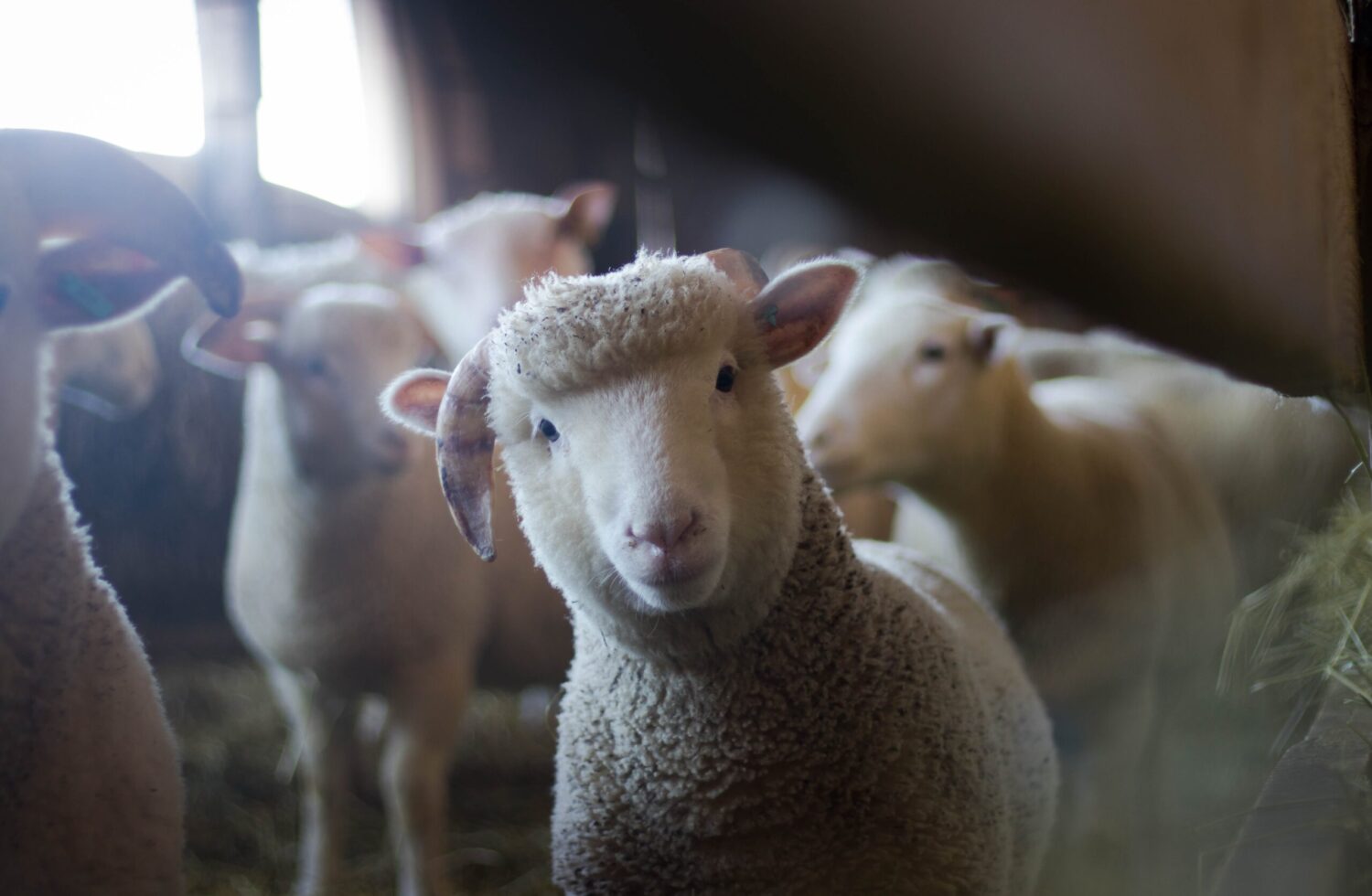What are the substances that the organization believes should be banned
Some may scoff at the environmentalists People for the Ethical Treatment of Animals (PETA), but in recent years they have succeeded in enforcing a number of their rules.
Clothing and accessories made of animal skin with hair are now considered unacceptable kitsch in the fashion world and have long been replaced by synthetic materials. Now, however, PETA wants to expand the list of materials it doesn’t want the textile industry to work with.
Animal skin, wool, silk – all materials that the organization believes should be banned.
Since 2020, the face of this part of PETA’s campaigns is the actress Alicia Silverstone. To complement her message, Silverstone is pictured wearing a pair of cowboy boots that are made entirely from a vegan alternative to animal skin.
According to the information on the PETA website, the rejection of animal fur has a double impact – it saves animals and protects the environment, because animal fur requires more processing and consumption of water and electricity for its processing. Vegan leather, on the other hand, is far more economical.
Currently, vegan leather alternatives are produced from cacti, various types of mushrooms and even from apple peels.
There are also polyurethane options and a variety of plastic sources. Vegan leather is already being used by a number of “fast fashion” brands, but more elite designer brands still refuse to completely replace natural leather with artificial leather.
The problem is that vegan leather can’t match natural leather in terms of durability.
According to experts cited by Vogue, genuine leather items last between 2 and 5 years with moderate use and good maintenance. In some cases, the life of these goods can reach 10 years or more if the leather is of superior quality and is carefully cared for and cleaned.
Vegan leather is thinner and, accordingly, less durable. It wears out more easily, scratches and damage are more visible and the average life of such a product does not exceed 2-3 years.
Therefore, it is not surprising that expensive fashion brands want their logos on genuine leather. But what about PETA’s campaigns against wool and silk?
The organization begins its campaign against the wool with a clip that supposedly aims to show how violently the sheep are sheared. Along with the footage of the sheep shearing, PETA also captured several British reality stars and influencers reacting strongly to what they saw.
Some are outraged, others start to cry, with one of the Love Island reality contestants saying she thought they were “just shearing the sheep”.
Conservationists are convinced that animals suffer harassment and insurmountable stress during their shearing, and therefore it is best to give up wool products en masse. At first glance, this sounds easier than going completely vegan leather, because wool has quality alternatives.
Wool can be replaced by linen, cotton, bamboo, lyocell, and some fully synthetic fabrics that, when woven fine enough, resemble wool.
However, with their “Save the Sheep” appeal, PETA misses the fact that sheep must be sheared at a certain period of time, otherwise they begin to suffer.
The long and unmaintained fleece begins to cause the sheep itches, skin irritations, weighs them down and prevents them from moving freely. Unshorn fleece can also be a favorable environment for ticks, fleas and lice, and proper shearing should definitely not cause pain to the animal.
For painless fleece removal, there are a number of positions that farmers should learn in which the sheep do not feel any pain.
As for the video that PETA is distributing, it is from 2014 and is from Australia. It shows enraged farmers kicking and punching sheep and then shearing them literally to the point of blood.
The Ministry of Agriculture reacted immediately and declared the footage an isolated case and unjustified cruelty to animals, which should not be encouraged under any circumstances.
Last but not least, the nature protection organization also wants a ban on the use of natural silk and declares it incompatible with a vegan lifestyle.
Silk is obtained after boiling the silkworms in a period in which they have formed a sufficient amount of threads around their body. On their website, PETA explains that bugs are actually sentient creatures capable of experiencing stress, pain, and suffering, and therefore boiling them is barbaric.
Natural silk can be replaced with nylon fabrics, polyester and synthetic satin.
And in this case, the organization will probably hit a snag with designer brands, because none of the alternatives to silk have its qualities. Artificial fabrics crumple much more easily, tear more easily and, last but not least, steam the skin.
As for the suffering of silkworms – so far there are not many studies that conclusively show that insects can really have feelings like fear and grief.
Photo by Trinity Kubassek: https://www.pexels.com/photo/sheep-288621/





